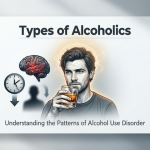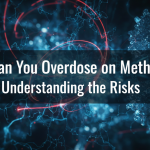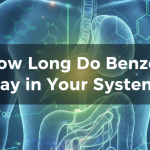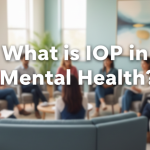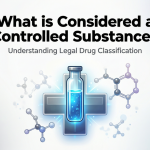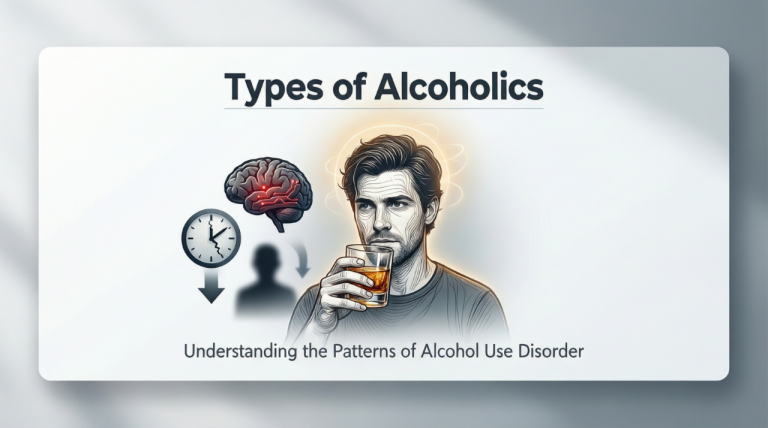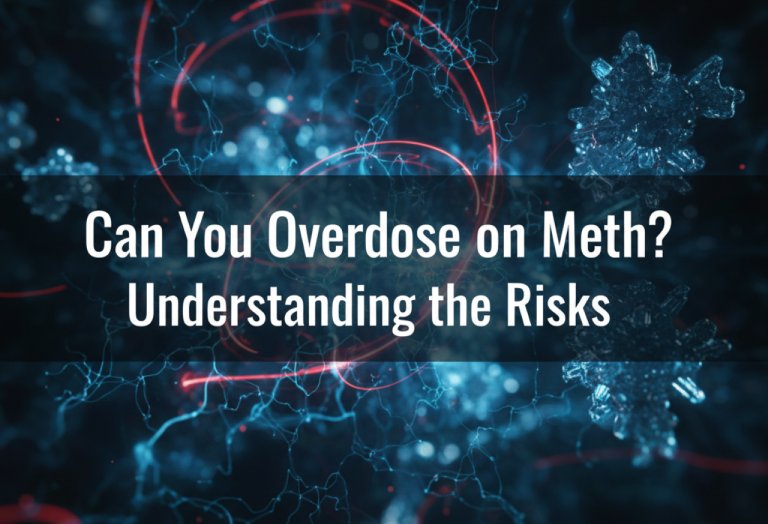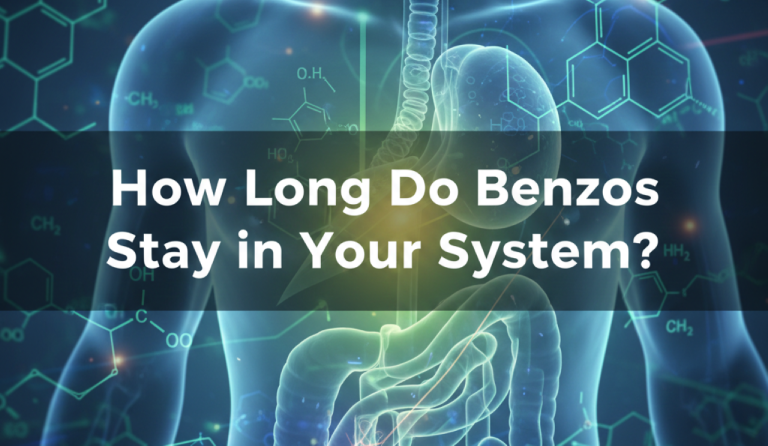Addiction is defined as a complex and still poorly recognized social problem that influences the lives of millions of people and their nearest and dearest across the globe. National Institute on Drug Abuse (NIDA), 2019 indicated that about 20 million people aged 12 years and above struggled with substance use disorders. Nevertheless, various myths about addiction remain a part of the discussion, which is why it is important to know what addiction is, what causes it, what signs indicate the development of addiction, and what addiction treatment methods are available.
What is Addiction?
Addiction is a chronic illness that involves the compulsive use of drugs, even when it has negative impacts and alterations of the brain. Addiction is categorized as a brain disorder as well as a psychiatric or mental disorder. Addiction means dependency on a substance like drugs or alcohol and can also refer to dependency on behavior like gambling, internet, and shopping addictions.
Physical vs. Psychological Addiction
It has been postulated that physical addiction involves the reliance of the body on a substance whereby the withdrawal symptoms arise if the substance is not accessed. The second type of addiction is psychological addiction and here it entails having an emotional and mental obsession with the substance or behavior which results in having cravings and ending up being compelled to use the substance.
Common Types of Addiction
- Substance-Related Addictions: These include psychological dependency on drugs ( prescriptive or illicit), alcohol, or nicotine.
- Behavioral Addictions: These are destructive behaviors for example gambling, internet use, shopping, and eating, and withdrawal behaviors for instance alcohol, opioids, and cocaine.
Causes of Addiction
Addiction is not caused by one factor but by several factors which may include genetic, environmental, psychological, and developmental factors.
Genetic Factors
Genetics influence addiction; however, they do not account for a person’s addiction completely. Available research shows that genes bring about 40%-60% of an addict’s susceptibility. There is conclusive evidence also pointing to there being a hereditary aspect to overindulgence; people with a family history of overindulgence are likely to overindulge too.
Environmental Factors
- Exposure to Substances or Addictive Behaviors: The probability of addictions is higher in cases where an individual was induced early in drugs and or addictive behaviors.
- Peer Pressure and Social Influences: The people one interacts with such as friends and family can often cause substance use and the formation of addiction.
- Stress and Trauma: Stress, for instance, trauma, and ACES are known to increase vulnerability to addiction.
Psychological Factors
- Mental Health Disorders: It is a known fact that depression, anxiety, and PTSD among other conditions are complications of addiction. People can turn to a substance or a particular behavioral pattern as a way to escape stress.
- Personality Traits: Factors that are likely to enhance the probability of addiction include
impulsivity and sensation-seeking
Developmental Factors
- Age of First Use: Drug and substance abuse at an early age leads to impairing brain development and leads to addiction.
- Brain Development During Early Age: Early age also means certain changes in the human brain making individuals vulnerable to the problem of addiction.
Symptoms of Addiction
Learning about the possible signs of addiction is important in the evaluation of treatment. This can be either in the form of physical symptoms, psychological symptoms, social symptoms as well as behavioral symptoms.

Physical Symptoms
- Withdrawal Symptoms: These are such as nausea, sweating, shaking, and anxiety if the substance is not taken.
- Changes in Appetite and Sleep Patterns: Other signs that may be observed include a change in appetite, particularly where one Loses or gains weight suddenly, a shift in sleeping patterns, for instance where one has been sleeping at night and now sleeps during the day may be a sign.
Psychological Symptoms
- Cravings and Compulsive Behavior: A great urge or a need to take the substance or perform the behavior, and also previous failed attempts to stop or decrease the usage.
- Changes in Mood and Behavior: Symptoms that show that a person is dependent include: mood swings, irritability, depression, and anxiety.
Social Symptoms
- Neglecting Responsibilities: Things like not being able to go to work, school, or care for their family.
- Relationship Problems: Arguments with members of the immediate and extended family, exclusion or withdrawal from social activities, and the apparent loss of interest in any other social activity.
Behavioral Symptoms
- Inability to Stop Despite Negative Consequences: The practice of forming a habit of using certain substances even when one is fully aware of the negative impact that will result from this process.
- Increased Tolerance and Usage: Increasing the intake of the substance to arrive at the preferred state and or using the substance more often than before.
Treatment for Addiction

Medical Interventions
- Medication-Assisted Treatment (MAT): Antirecovery medications are used in treatment since they assist in controlling the withdrawal signs hence making it easy for a substance-dependent individual to stop using the substance.
Psychological Interventions
- Cognitive-Behavioral Therapy (CBT): CBT assists the clients, to identify and replace the unhealthy thought processes and patterns that are related to substance dependence.
- Motivational Interviewing: It is to this end that it ultimately increases motivation for change and fosters treatment engagement.
- Counseling and Therapy: The therapy that involves individual, group, and family therapy aims at removing the cause of addiction and helping the patient.
Lifestyle Changes
- Developing Healthy Habits: Patients are advised to take sufficient water, exercise regularly, eat healthily, and ensure they have enough rest.
- Stress Management Techniques: Techniques like mindful breathing as well as mindful meditation and yoga can play a significant role in reducing stress and thus prevent a relapse.
- Building a Supportive Environment: Having positive people in one’s life and remaining away from situations that lead to relapse, can help increase the likelihood of being sober.
The complexity of addiction begins with a lack of understanding of this mammoth problem. Accepting that addiction is a disease, which among other things, has roots in genetic, environmental, and developing aspects, as well as in psychological and developmental components allows adopting the most humane and efficacious attitudes toward it. Thus, the timely detection and proper treatment of addictive disorders seem to be the key components to recovery.
If you or your loved one is fighting an addiction, understand that you are not alone. At Orlando Treatment Solutions, we have holistic addiction treatment programs, which are intended to be tailored to the specific needs of every patient. Give us a call today at (321) 415-3213 to get more information on how we can help you.







